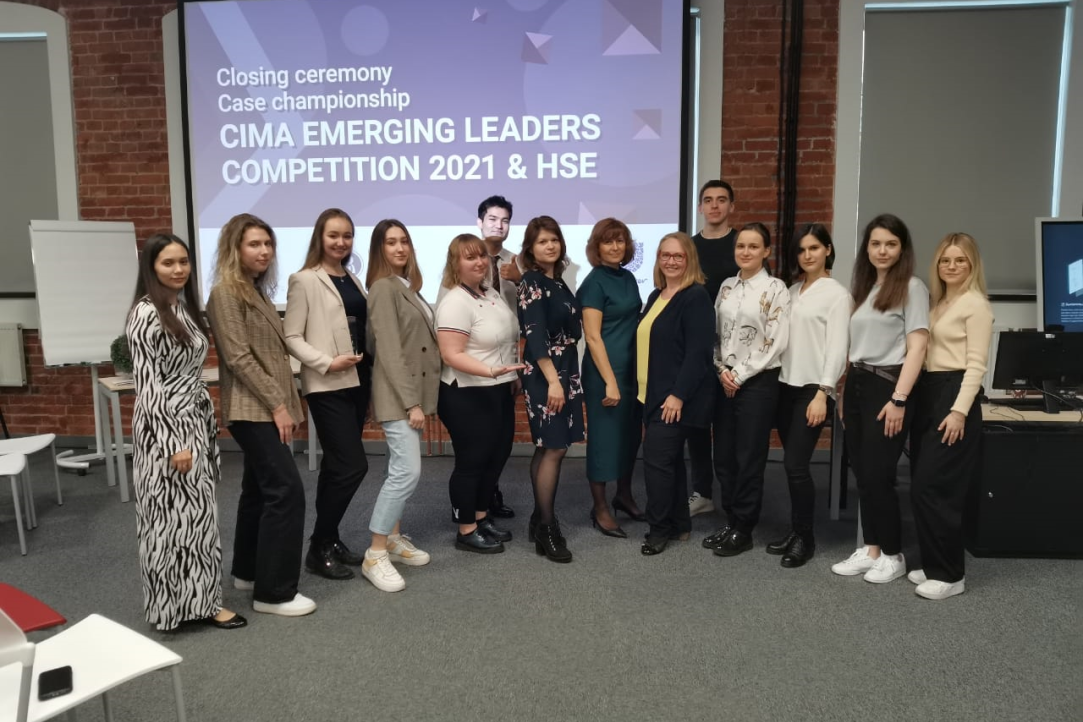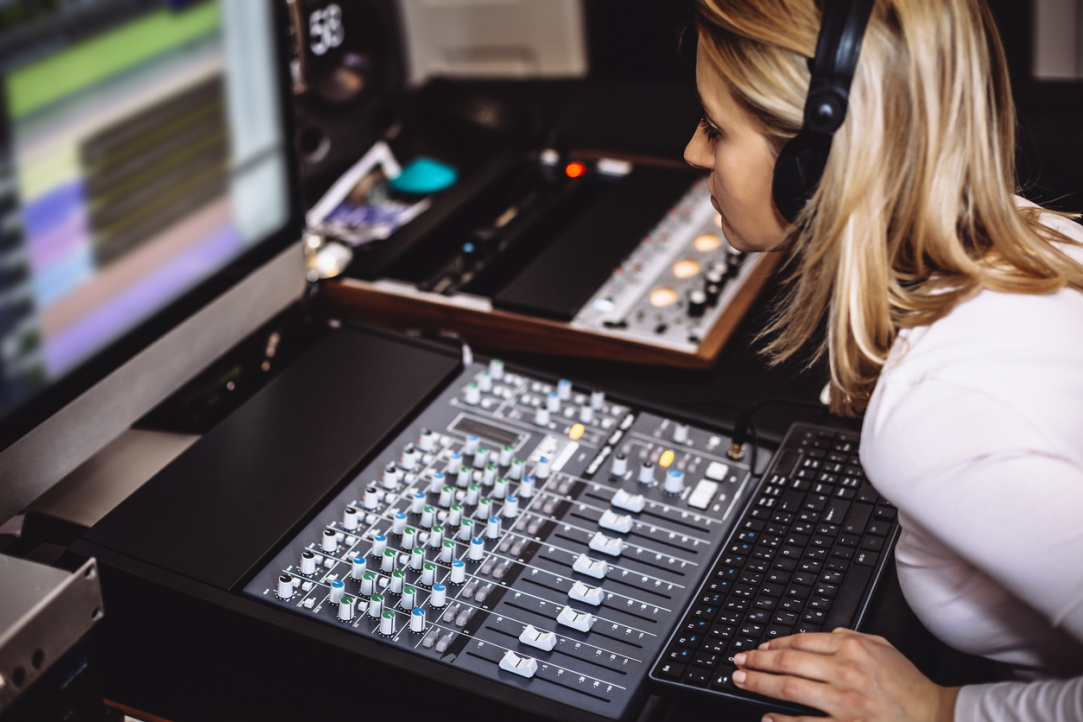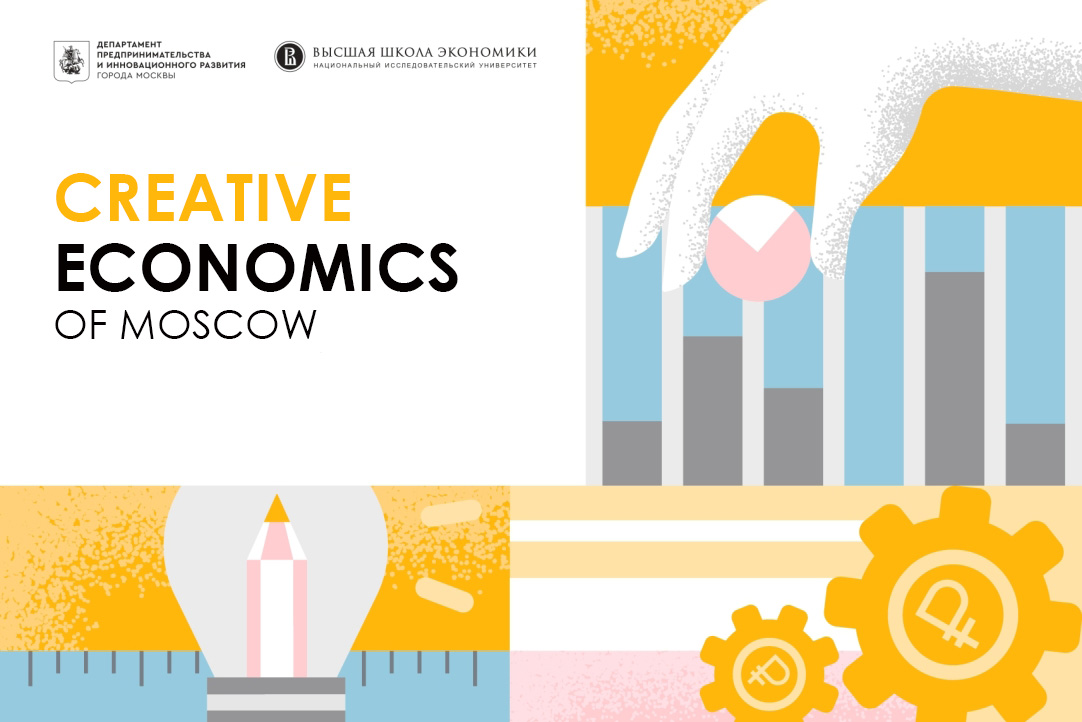
Baselines and Historical Territorial Waters: How Russia Can Protect Its Rights in the Artic
Climate change-induced ice melting in the Arctic has led to contradictions in the assessment of Russia’s rights in the region. As ice cover diminishes, Russia may be losing its influence on the territories that it has historically developed. This is partially due to the changing width of territorial waters by low-water lines. However, there are alternative legally valid ways to establish fair borders, which are described by researchers of the HSE Institute of Ecology in their paper ‘Prospects for the evolution of the system of baselines in the Arctic’.

HSE Graduate School of Business Hosts Final Round of CIMA Emerging Leaders Competition 2021
On May 12, the HSE Graduate School of Business hosted the CIMA Emerging Leaders Competition, an international case championship. The competition is aimed at helping students advance their skills in business process modelling and business forecasting. A team from Southern Federal University (SFU) took first place, and teams from HSE University came in second and third.
HSE Researcher Named First Winner of British Early Career Researchers Award
The British Educational Research Association, BERA, has announced the winners of its Early Career Researchers Award, founded this year to recognize emerging researchers. The new award’s first two winners are Saule Bekova, Research Fellow at theInstitute of Education of the Centre of Sociology of Higher Education, and Binwei Lu of Durham University (UK). In the announcement, the organizing committee praised them as ‘outstanding scholars’ and noted the potential significance of their research for the field of education.

Teach for HSE Seminar Focuses on Online Projects
In April, the Teach for HSE Project hosted an online seminar, ‘International Virtual Exchange in Your Classroom: No Visa Needed’. Seminar participants discussed the 2020-2021 Russian-Japanese Student International Research Programme, ‘Northeast Asia since 2012: Political and Economic Analysis’, which was held jointly by the School of International Regional Studies of the HSE Faculty of World Economy and International Affairs and the Institute for Asian Studies and Regional Collaboration of Akita International University (Japan).

New Online Lab of HSE Art and Design School Explores Conceptions of Sound
Unthinking/Unlearning is a joint project by the Klammklang label with Master’s programmes in Sound Studies and Sonic Arts at Berlin University of the Arts (UdK) and Sound Art and Sound Studies at the Art and Design School of HSE University. The project, which began on May 15 and will conclude on June 1, is dedicated to the Year of Germany in Russia 2020/21. Participants of the online lab will study audial, visual, and musical practices.

‘The Main Skill I Gained Was the Understanding That Deadlines Are Scary’
Students of HSE MIEM helped create an e-catalogue of publications of the Frumkin Institute of Physical Chemistry and Electrochemistry of the Russian Academy of Sciences (IPCE RAS). Team members Eldar Guseinly and Artem Shlyanov spoke with HSE News Service about the project, the skills they gained, and what the client had to say about the results.
.jpg)
HSE University Teaches Languages As a System, an Instrument of Communication, And As a Reflection of Culture
The Bachelor’s programme in Foreign Languages and Intercultural Communications, offered by the HSE Faculty of Humanities, is popular not only with Russian and international applicants alike. The programme helps students develop a broad outlook, as well as their communicative and analytical skills. The curriculum focuses on language teaching, translation and interpreting, intercultural business communication, and text creation. In an interview with HSE News Service, two international students talk about what attracted them to the programme and what they like about their studies, HSE University, and Moscow.

Creative Moscow: Ahead of Hong Kong and Melbourne, but Far behind Beijing and London
Moscow is not only Russia’s official capital, but its creative capital as well. 54% of the added value of the country’s creative industries is generated here. This was one of the findings presented in the report, ‘Moscow’s Creative Economy in Figures’, prepared jointly by HSE researchers and the Moscow Department of Entrepreneurship and Innovative Development.

‘Even if You’ve Launched Your Own Startup Once, You Begin to See Opportunities Everywhere and Stand More Firmly on Your Own Two Feet’
This year, the minor with the highest student enrollment at HSE University is the ‘Startup from Scratch: Creating Your own Business’, offered by the Department of Innovation Management. In September, 500 students from all four HSE’s campuses will begin studying the art of entrepreneurship. This number is less than half of the students who applied: in total, the minor course received more than 1,700 applications. Associate Professor Margarita Zobnina, who supervises the minor, spoke with the news service about why students from different faculties want to learn the secrets of a successful business, what skills they gain in the minor, and how they expand their professional networks.

Online Master of Finance Receives CFA Institute Affiliation Program Status
The Chartered Financial Analyst Institute (CFA Institute) has recognised the HSE online Master of Finance as part of its University Affiliation Program. The status was assigned this year based on the long-standing cooperation between the CFA Institute and the HSE Banking Institute and the confidence international experts have in the quality of education at HSE.


Submission Deadline: December 20, 2025